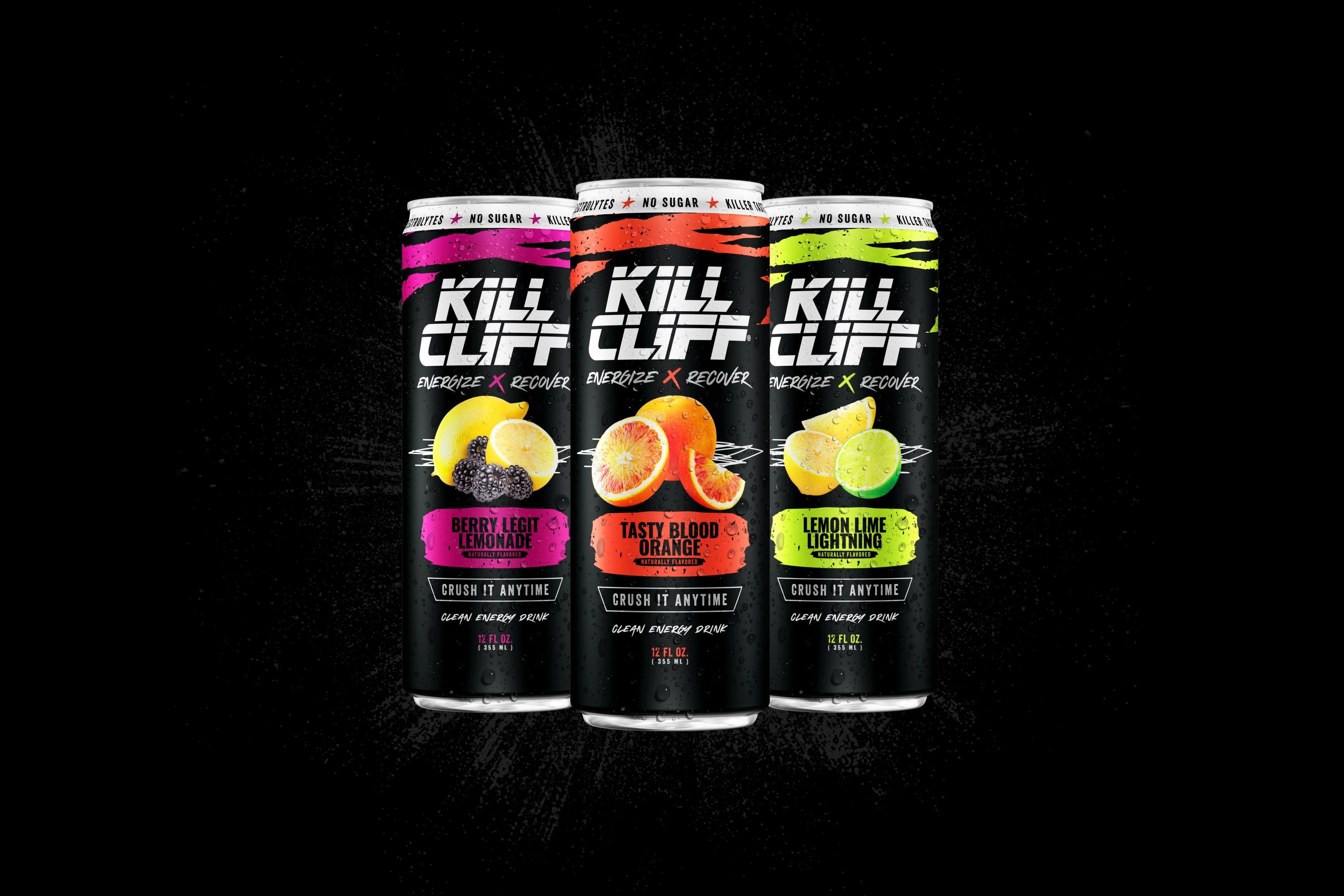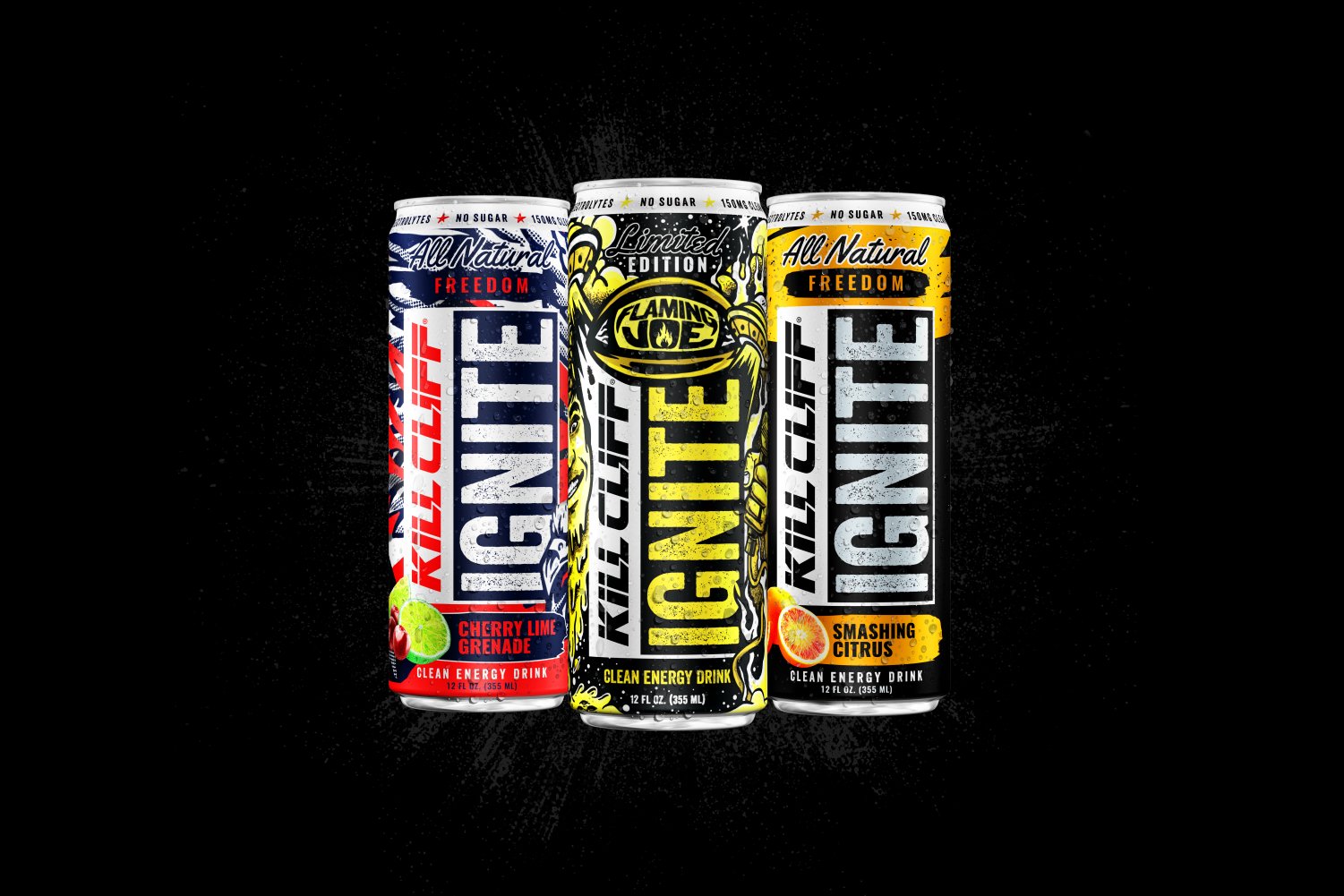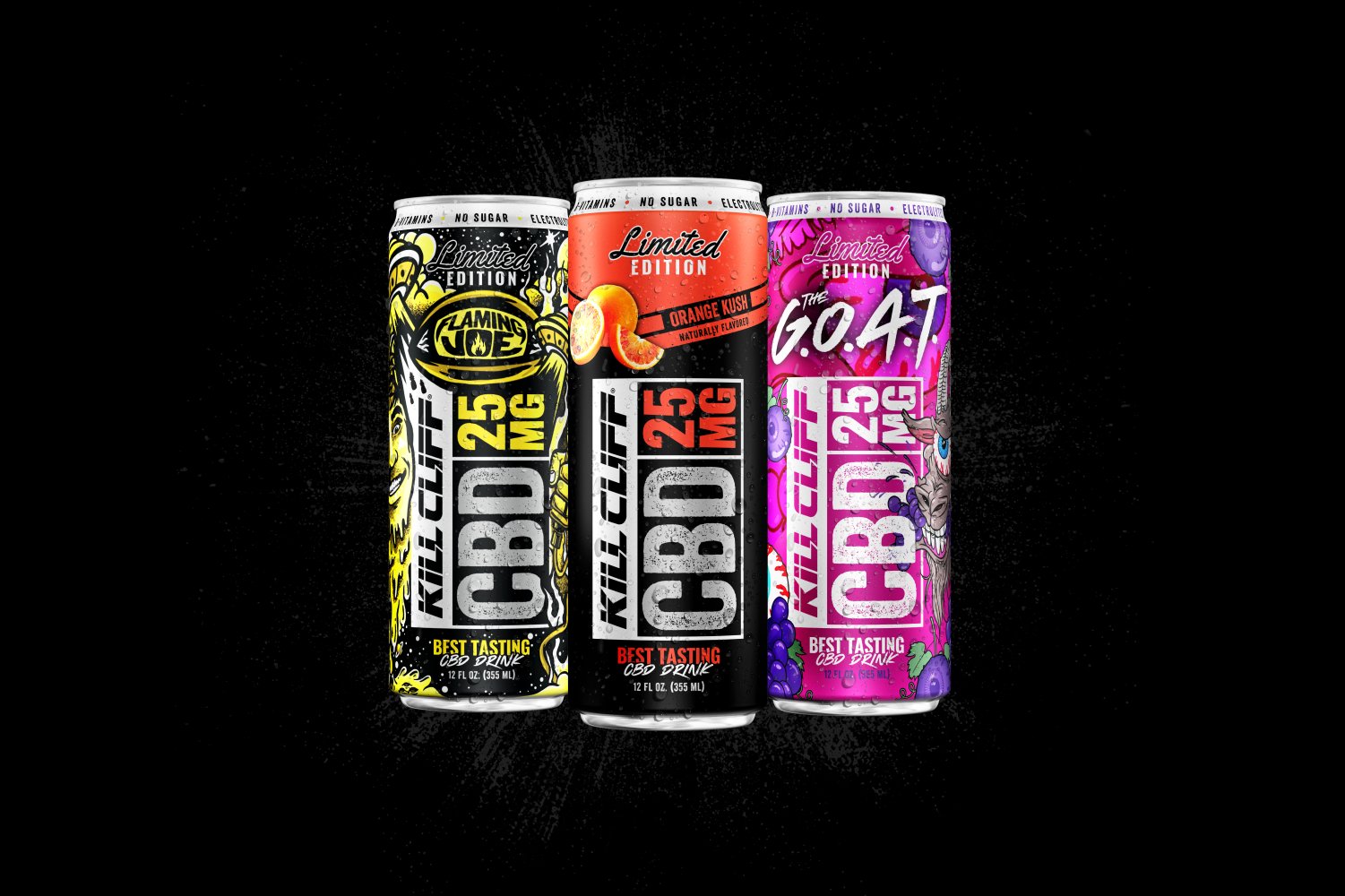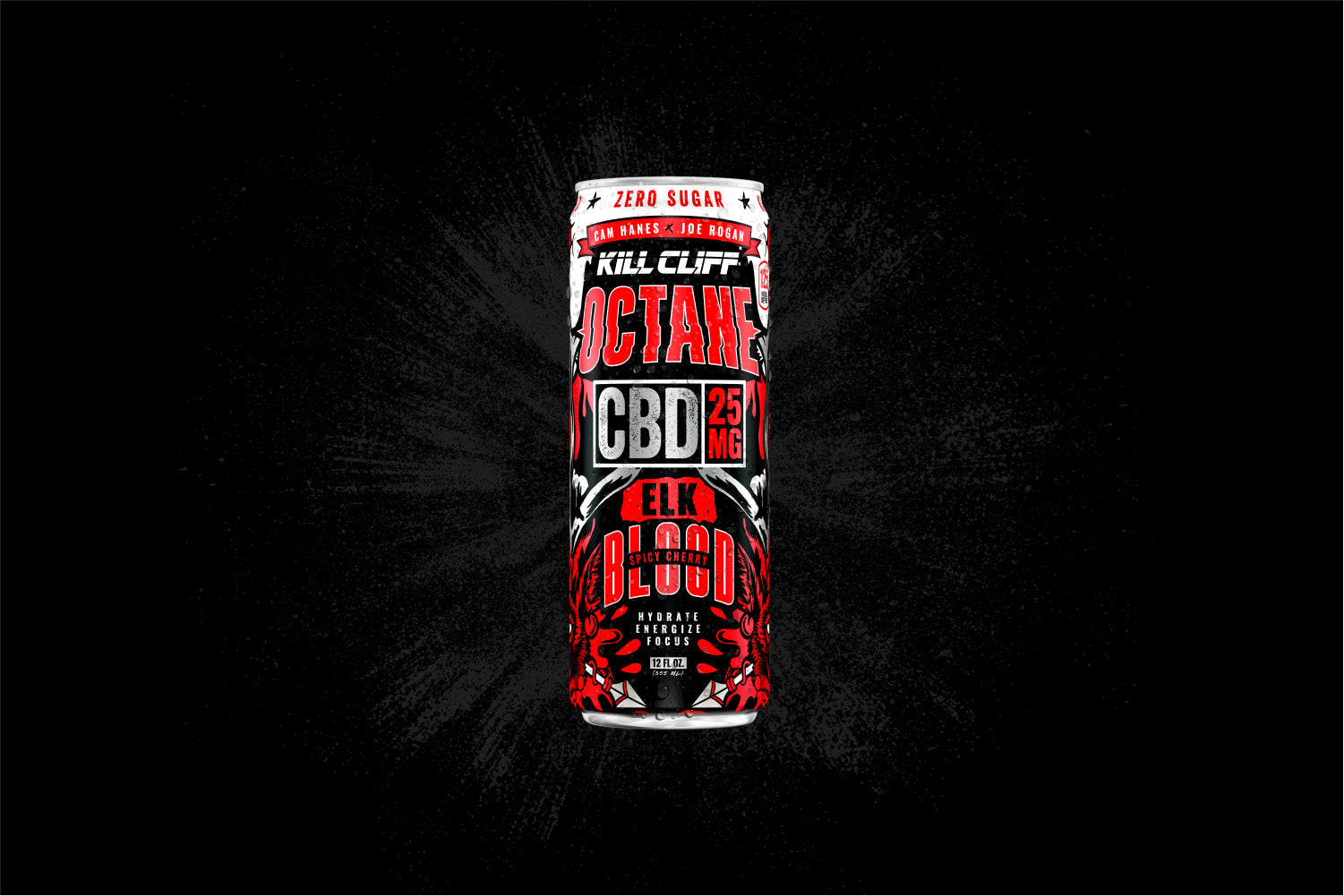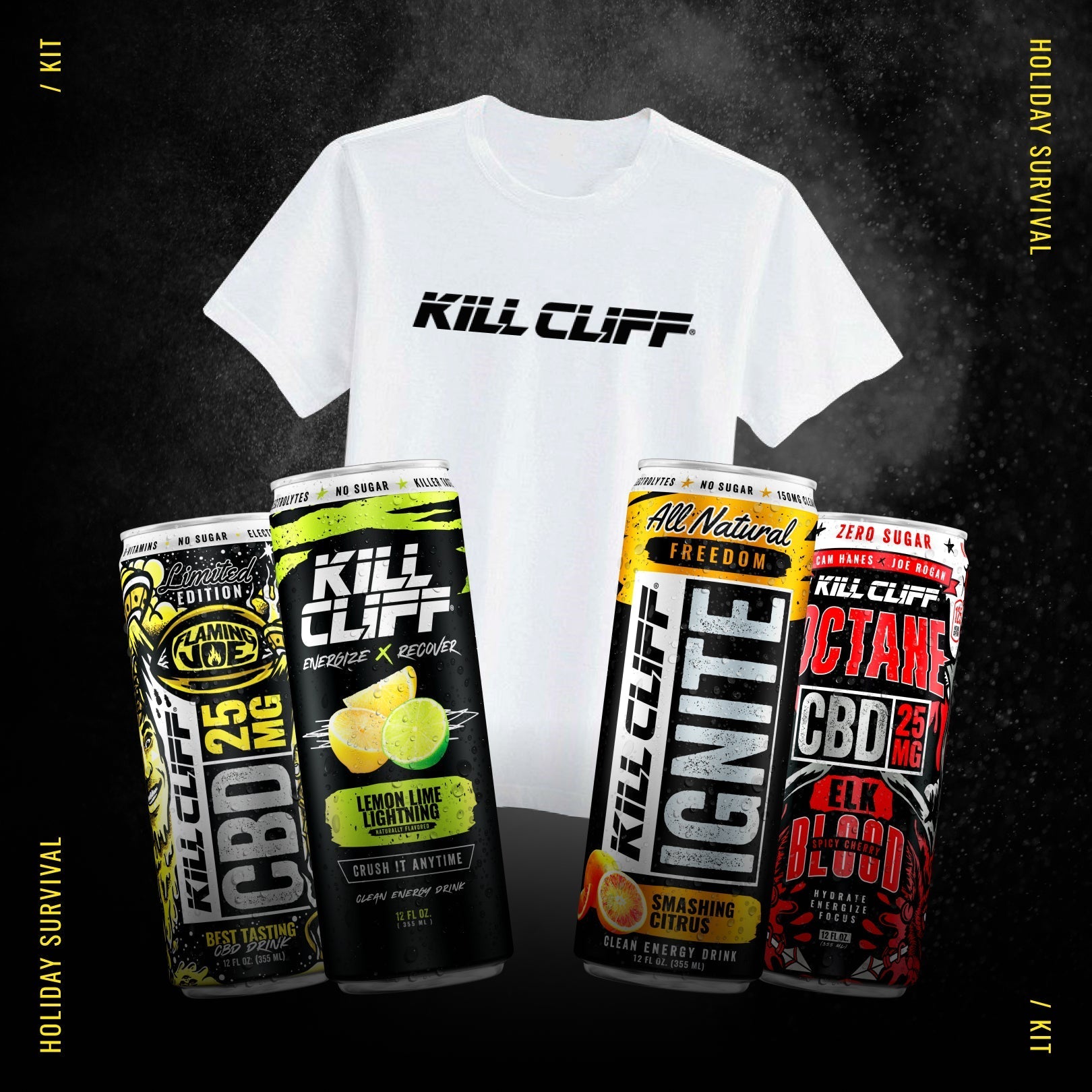
America is becoming more and more aware of what we're putting in our bodies. As a result, it's becoming more and more common to see food and beverage products that are labeled "zero sugar" or "zero calories".
In theory, this is a great idea. Of course, we want to be able to enjoy our favorite foods without filling up with unnecessary sugars and calories.
These foods are able to have "zero sugar" by using artificial sweeteners. One of the most popular artificial sweeteners is aspartame. Let's learn more about this popular sweetener.
What is Aspartame?
Aspartame, often seen in sugar packets as "Equal", is found in many sugar-free versions of your favorite drinks worldwide.
In the beverage world, aspartame is often found in diet sodas. According to the Centers for Disease Controls and Prevention, one-fifth of all Americans drink a diet soda on a given day. Needless to say, millions of Americans are consuming aspartame each day.
The two main ingredients in aspartame are aspartic acid and phenylalanine, which are both naturally occurring amino acids.
While aspartame has been deemed safe by the U.S. Food and Drug Administration (FDA), but there have been some concerns around the side effects the artificial sweetener has on the consumers.
What are the issues with aspartame?
When your body processes aspartame, there's a part of it that gets broken down into methanol. Methanol is toxic in large quantities. According to this study, aspartame is responsible for the largest source of methanol in the American diet.
Many fruits and vegetables have methanol in it that are attached to fibers that allow it to safely pass through your digestive system. Unfortunately, the methanol in aspartame is not attached to anything that helps it pass through your body.
Once this methanol is in your body, it is converted into formaldehyde, which can wreck your DNA and sensitive proteins.
Here are a few of the disorders that can be caused by aspartame:
- Birth Defects
- Cancer
- Diabetes
- Emotional Disorders
- Epilepsy
- Seizures
Popular drinks with aspartame:
- Coke Zero Sugar
- Diet Barq’s
- Diet Coke
- Diet Coke Fiesty Cherry
- Fanta Zero
- Fresca
- Gold Peak Diet Tea
- Mello Yello Zero
- Minute Maid Light
- Pibb Zero
- Seagram’s Diet Ginger Ale
- Sprite Zero
- TaB
Are there better sugar-free sweeteners that are safer than aspartame?
Of course! Erythritol and Stevia are two natural sugar alternatives that can be used instead of the dangerous artificial sugars. These sugar alternatives are generally found in small amounts in fruits and vegetables.
Erythritol only has 6% of the calories of sugar but retains 70% of the sweetness. Erythritol doesn’t spike your blood sugar or insulin, so this makes it a great sugar substitute for diabetics. Studies have shown that erythritol acts as an antioxidant, reducing blood vessel damage that has been caused by high blood sugar levels. Erythritol also will not cause your teeth to decay, unlike sugar and other artificial sweeteners.
Stevia also makes for a great natural sugar substitute. Stevia has no calories and is 200x sweeter than sugar. Studies have shown that stevia has the potential for treating diseases such as obesity, diabetes, and hypertension. Antioxidant compounds, including kaempferol, can be found in Stevia. Studies have shown that kaempferol can reduce the risk of pancreatic cancer by 23%.
What's a good soda replacement that doesn't use sucralose?
KILL CLIFF Recover is a post-workout beverage loaded with B Vitamins, a specialized blend of plant extracts, enzymes (both natural anti-inflammatories), and electrolytes to support hydration to help you get back to full speed.
KILL CLIFF Recover is sweetened with Stevia and Ethyritol so you still get a sweet-tasting beverage without any guilt.
